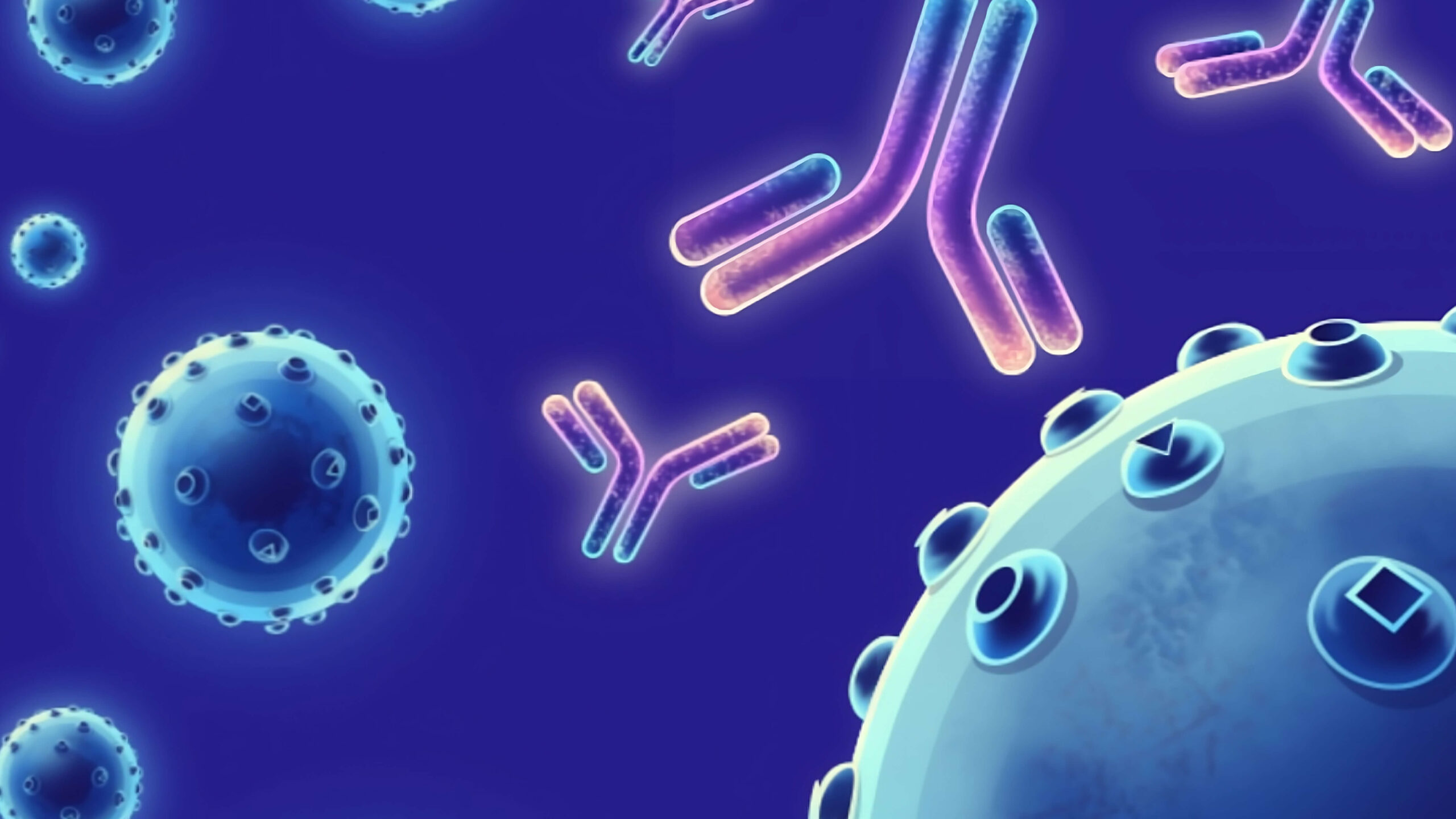Description
Endothelial protein C receptor (EPCR), also known as activated protein C receptor (APC receptor) or PROCR, is a receptor for Protein C. Protein C plays an important role in many metabolism processes in humans and other animals after activated by binding to Endothelial protein C receptor (EPCR). Because of the EPCR is found primarily on endothelial cells (cells on the inside of blood vessels), activated protein C is found mainly near endothelial cells. Protein C is pleiotropic, with two main functions: anticoagulation and cytoprotection. Which function will be performed depending on whether or not protein C remains bind to EPCR after activated. The anticoagulation occurs when it does not. In this case, protein C functions as an anticoagulant by irreversibly proteolytically inactivating Factor Va and Factor VIIIa, turning them into Factor Vi and Factor VIIIi respectively. When still bound to EPCR, activated protein C performs its cytoprotective effects, acting on the effector substrate PAR-1, protease-activated receptor-1. To a degree, APC's anticoagulant properties are independent of its cytoprotective ones, in that expression of one pathway is not affected by the existence of the other.
Target
PROCR
Target Alias Names
AI325044, Ccca, Ccd41, Epcr
Isotype/Mimetic
Rabbit IgG
Animal-Derived Biomaterials Used
Yes
Sequence Available
No
Original Discovery Method
Phage display technology
Antibody/Binder Origins
Animal-dependent discovery (in vitro display, OR immunisation pre-2020), In vitro recombinant expression, Animal-derived biomaterials used in production or final formulation

